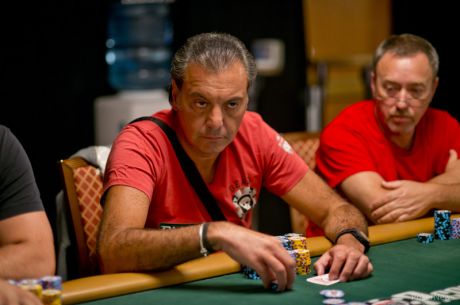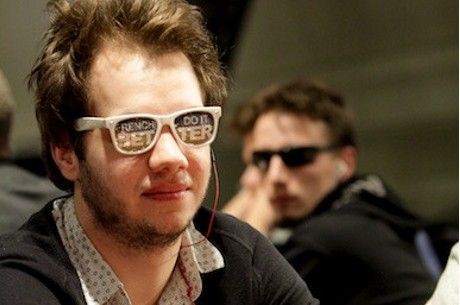Report: 43% of Spain's Online Poker Players Still Play on Non-Regulated Websites

According to research completed by Spain's CODERE Foundation and the Institute of Policy and Governance of the Charles III University in Madrid, 43 percent of the country's online players play on illegal sites.
The analysis of the Spanish gambling market studied by the two institutes was published on Thursday under the title of Social Perception on Gambling in Spain in 2014, and offers some interesting insights on how the financial crisis and the regulation adopted in 2011 have influenced its development.
"Spain is still home to a very large community of online gamblers," the report says. "However, the financial crisis led people to play less often than before and to invest the money on [online] games."
When comparing market data of past years, the report considers the Spanish online gambling market to be "mature" and explains that this is the reason of the overall decrease in the number of online gamblers witnessed between 2012 and 2013.
"The results of the research indicate that that online gaming seems to have reached a degree of maturity," said CODERE in a press release.
According to researchers, the number of Spain's active online gamblers in 2013 was approximately 1,150,000, which represents a drop of approximately 1.1 percent compared to 2012.
"One of the most significant data of our research, is undoubtedly the one about players active on non-regulated sites," CODERE said.
"Forty-three percent of online players admitted doing so on websites that are not regulated by the Directorate General for the Regulation of Gambling (DGOJ), and approximately 12.8 percent declared to never use a dot-es website for their games. Which means that they play exclusively on illegal sites."
To complicate things for the DGOJ even more, Spanish players openly admitted caring very little about the current regulation and its requirements.
According to the study, 27.4 percent of the interviewees declared to have no idea about the real location of the companies they play their games at, while 43.8 percent explained that they "believed the companies may be located in Spain."
Online gambling in Spain was officially legalized in 2011 with the creation of a ring-fenced regulated market that officially allows Spanish citizens to play exclusively on dot-es websites licensed by the country's regulator DGOJ.
Since the time of regulation, the market has suffered a decline that led many to ask the regulator to consider the possibility to modify the legislation and open to the creation of an international online gambling market with Italy, France and the United Kingdom.
According to another report realized by CODERE in January, the percentage of leisure spending directed to gambling has reduced from 9.4 percent to 7.7 percent between 2012 and 2013, with total gross gaming revenues calculated at €560m.
Earlier this year, a similar report was conducted in France, where the Observatory of Games (ODJ) and the Monitoring Centre for Drugs and Drug Addiction (ODFT) discovered that approximately 47 percent of France's online poker players play on illegal sites.
Image courtesy of
Get all the latest PokerNews updates on your social media outlets. on Twitter and on Facebook now!








